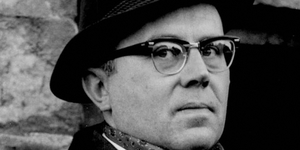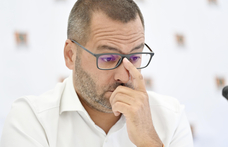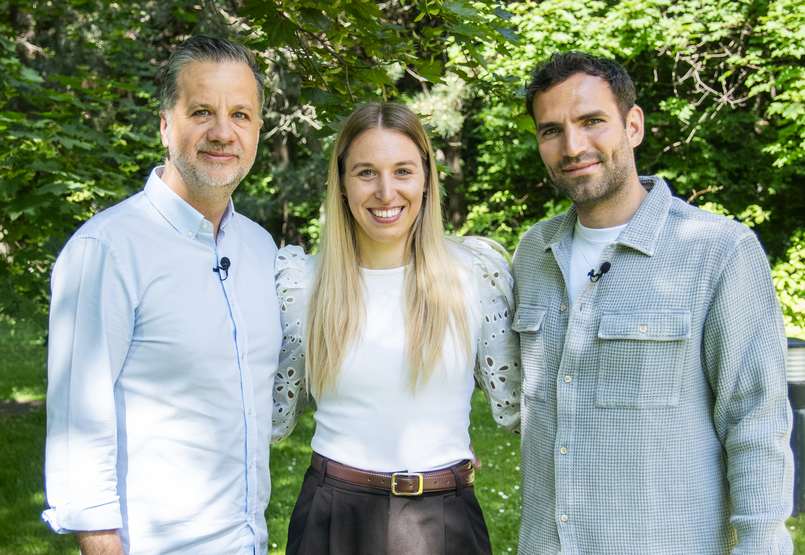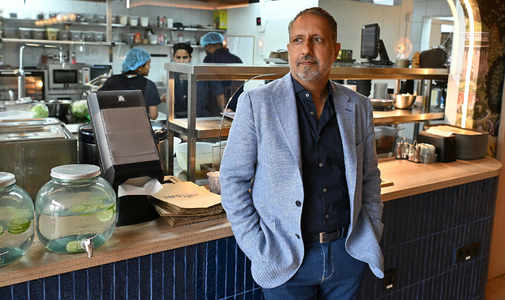Laszlo Keller and the Torokbalint defeat
The Socialist Laszlo Keller first came to public attention as state secretary for public finances in charge of the 'glass pockets' accountability programme. He was elected a Budapest MP in spring 2006 and later mayor of Torokbalint as well. Last Sunday, he lost to the Fidesz candidate in a by-election. We asked him what lessons he had learned.
Why did you come second in the local elections?
L.K.: I expected it, because everyone from the far right to the centre right was united against me. You could already see this tendency developing in autumn 2006. I barely had a year to prepare, and that wasn't enough to persuade the people of Torokbalint and of the centre right to lend me their support. I got 43 per cent of the votes, a good 22 per cent more than when I was elected. It's a good result, and I have no reason to feel ashamed. When you examine the results, you have to bear in mind that Torokbalint, just like Hungarian society as a whole, isn't divided into two strictly delineated opposing camps, the Left and the Right. Things are more complicated. Admittedly, electioneering can polarise voters. The opposition failed with this strategy in October 2006, but they managed this time.
But the Left also put up a united front. Why, in any case, did you run for mayor of Torokbalint in autumn 2006? After the 2002 elections the whole country knew who you were as state secretary in charge of scrutinising the spending of public money. It was surprising to see you change direction and run for mayor of a small town, even if multinational companies have made Torokbalint one of the richest towns in the country.
L.K.: I was known mostly because of the right-wing media, which did its best to muddy my reputation. But nobody doubted the genuineness of my intentions. Everybody in Hungary would like to see more honesty in public affairs, and I was at the head of that movement well before the 2002 elections. I felt that trust in politicians would be weakened if they were linked to dubious financial affairs. I'd add that, just like between 1998 and 2002, there are still problems with transparency in public life in this country. So the person the right-wing media was attacking was somebody who was trying to do something to improve things. Despite being under constant attack, I won an individual member seat in Parliament in spring 2006. It was logical to run in the local authority elections in the same constituency.
Maybe the fact that the public prosecutor failed to bring any prosecutions relating to suspect affairs under the Orban government played a role in your defeat. The glass pockets programme shattered, didn't it?
L.K.: My party, the Socialist Party, was elected in 2002 with most people believing that we would investigate past suspect affairs. I took this seriously, but there were some who didn't. And even if I was unable to bring about any prosecutions as state secretary, remember that I played a major part in drafting new legislation. The anti-corruption programme is still in place. I was the first person to urge cleaning up party finances. My conscience was clear in 2003 and it still is.I'm a politician, not a policeman or a prosecutor or a judge. I wanted to make it clear that we wouldn't sweep corruption under the carpet. I can't help the fact that these investigations came to nothing.
Assuming the opposition wins in 2010, how would you react if the new government started investigating this government's affairs, looking for example, at the hundreds of millions spent on the abortive plan to create a new government quarter?
L.K.: I'm certain that not one coalition decision was made in a corrupt way. The opposition has not found any evidence to support such allegations. The glass pockets law helped bring this situation about by making it possible for politicians to look at the contracts under which public money is spent. When I was state secretary, I didn't have that power.
You looked lonely. You don't have any allies even inside the Socialist Party.
L.K.: I was appointed by Peter Medgyessy, and I stayed in that position until the end of his prime ministership. I was first elected in 1994, and I'm serving my third term as an MP. My prime responsibility is to my voters. My term as state secretary came to an end with Ferenc Gyurcsany's appointment. Maybe I could have helped him, certainly last autumn, when he started talking about problems with transparency in public life.
Your party has lost a lot of popularity. Aren't you worried that your defeat in Torokbalint is a bad omen for the Socialists?
L.K.: Whatever happens in the country, reform cannot be postponed, especially in the case of healthcare. I hope that people will grow to accept these reforms as they understand them better. And we can't subordinate everything to the hope of a victory in 2010. In any case, a lot can happen before then. It's too early to predict the outcome of the next parliamentary elections. The economy is stable and there are signs pointing towards further growth. Mayors of small towns are also reporting growing interest from investors.
János Pelle




















